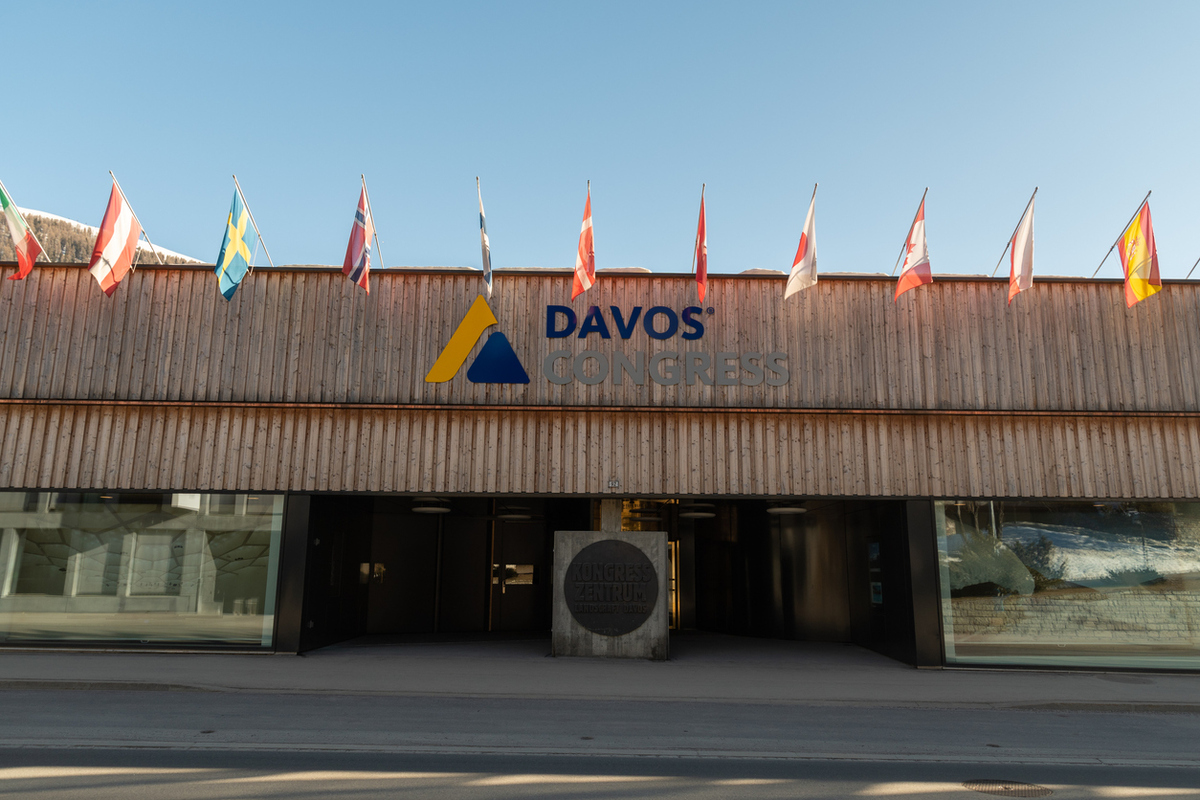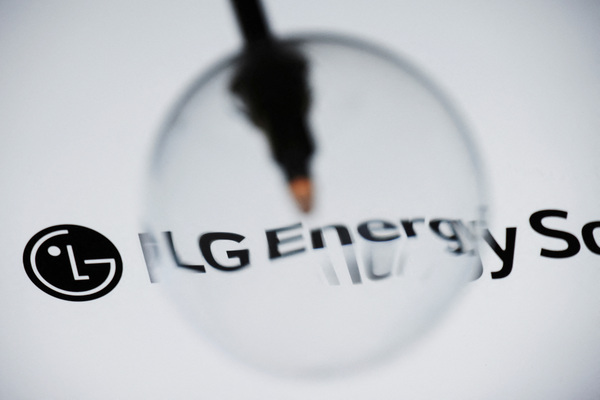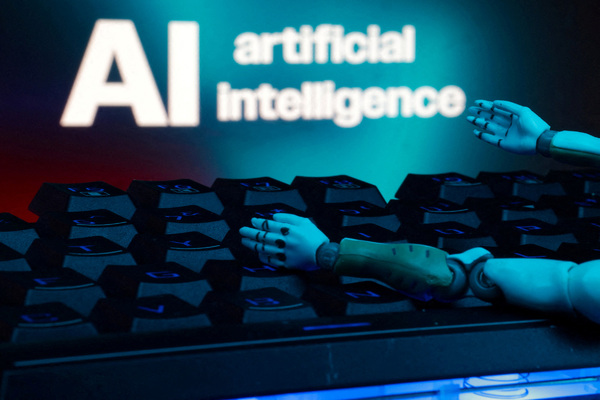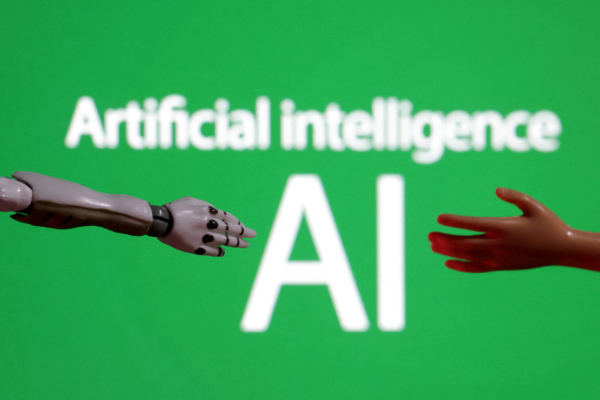Davos 2024: UN Secretary-General urges global reforms for trust amidst climate crisis and AI challenges

In a special address at the 2024 World Economic Forum in Davos, United Nations Secretary-General António Guterres emphasized the critical need for global reforms to address the escalating crisis in trust worldwide. Guterres pointed to a paradox where international efforts seem insufficient despite the existential threats posed by climate change and the unbridled development of Artificial Intelligence (AI).
Addressing the pressing issue of climate change, Guterres highlighted the alarming three-degree increase in global temperatures, with devastating impacts such as droughts, storms, fires, and floods affecting communities globally. He stressed the urgency of transitioning to renewable energy, emphasizing that the phaseout of fossil fuels is essential and inevitable.
Concerns about the unchecked development of AI were also raised, with Guterres acknowledging its potential for sustainable development but cautioning against the increased risk of unintended consequences. The International Monetary Fund’s warning that AI may exacerbate inequality was emphasized.
Despite extensive discussions on these issues, Guterres noted the absence of an effective global strategy to tackle climate change and AI challenges. Geopolitical divides were identified as a significant barrier to developing comprehensive global solutions, leading to a growing loss of faith in governments and institutions worldwide.
Reflecting on past global challenges, Guterres expressed confidence in preventing a chaotic future by building a new, multipolar global order. He underscored the need for reformed, inclusive, networked multilateralism to manage geopolitical complexities effectively.
Turning to current geopolitical crises, Guterres condemned the erosion of international norms and standards, citing instances such as Russia’s invasion of Ukraine and conflicts in Gaza and Sudan. He called for an immediate humanitarian ceasefire in Gaza and a just peace in Ukraine, emphasizing the importance of adhering to international law.
Guterres linked geopolitical divisions to risks in the global economy, citing political instability contributing to economic insecurity. According to Oxfam reports, the widening wealth gap and the World Bank’s warning of a potential economic downturn were highlighted as significant obstacles to sustainable development.
In response to the challenges, Guterres proposed deep reforms to global governance, urging the international community to update institutions and frameworks created 80 years ago. He announced a forthcoming Summit of the Future in September, focused on essential reforms to the global financial architecture, Security Council, and a proposed New Agenda for Peace.
Guterres called for private sector engagement in developing a governance model for AI, emphasizing the need for risk management frameworks and increased access to AI for developing economies. He concluded by urging influential leaders to use their sway in preventing further damage and steering the
world toward safety, prosperity, and peace, emphasizing that rebuilding trust is not just a slogan but an essential and achievable goal.

Business Reporter Team
Related Articles
Most Viewed
Winston House, 3rd Floor, Units 306-309, 2-4 Dollis Park, London, N3 1HF
23-29 Hendon Lane, London, N3 1RT
020 8349 4363
© 2025, Lyonsdown Limited. Business Reporter® is a registered trademark of Lyonsdown Ltd. VAT registration number: 830519543





